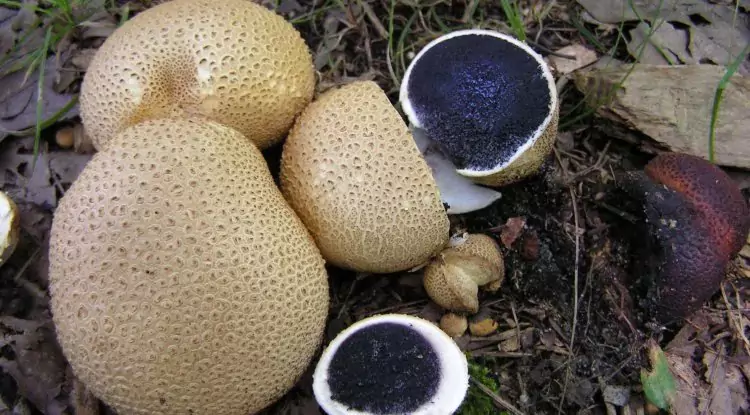4 Roles of Fungi in Life
Apart from being food, mushrooms have an important role in life, such as helping to maintain the availability of nutrients for other plants.

Generally, fungi do not have chlorophyll, so they are heterotrophs. In addition, fungi absorb organic substances from the environment through their hyphae and mycelium to obtain food.
In this discussion, Mina will explain the role of mushrooms in life. For those of you who are curious about it, see the following explanation. Come on!
The Role of Fungi in Human Life and the Environment
1. Mushrooms as decomposers
Decomposers are organisms that break down organic matter derived from dead organisms into inorganic compounds. In addition to fungi, decomposers can also be carried out by bacteria. In addition, the function of decomposers or decomposers in the ecosystem is to decompose compounds from the remains of living things.
The way fungi work as decomposers is that fungal hyphae will grow through the tissues of dead living things, and hyphae will release enzymes that will break down the animal or plant body. The results of the decomposition will return to the soil so that it can fertilize the soil. In addition, the results of the decomposition also become the availability of nutrients that plants will absorb.
2. Helps the fermentation process
Fermentation is the process of converting carbohydrates in food into organic acids using microorganisms. Examples of fermented products with mushrooms are bread, beer, tempeh, and Tape. One fungus that plays a role in fermentation is Saccharomyces cerevisiae in manufacturing alcoholic beverages. Mucor javanicus also plays an essential role in fermenting cassava into Tape (food from Indonesia).
3. Mushrooms can be used as medicine
Several mushrooms can be consumed or used by humans, some of which have healing benefits. One of these types is Ganoderma lucidum; this mushroom is an effective herbal medicine for people with diabetes, hypertension, allergies, etc.
4. Can be used as food
The culinary world is no stranger to food ingredients in the form of mushrooms. There are many mushroom-based preparations, such as mushroom peppers, stir-fried mushrooms, crispy mushrooms, and many others. However, not all mushrooms can be consumed, yes. Mushrooms that can be consumed are non-toxic mushrooms after processing, such as oyster mushrooms which have benefits for maintaining heart health, strengthening the body's immune system, and reducing the risk of cancer if consumed regularly.
Are you interested in this article? Let's discuss this together in the comments column. And, share this article on your social media so that it's not just you who knows.
Image source: Mushroom Role Picture | commons.wikimedia.org

 Minanonymous
Minanonymous